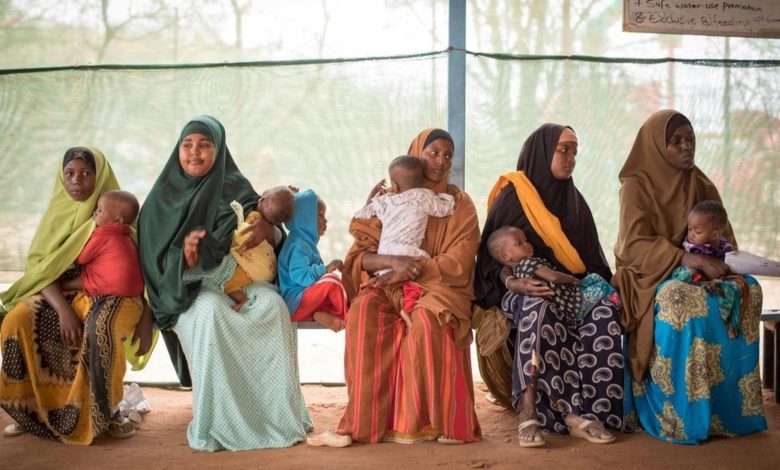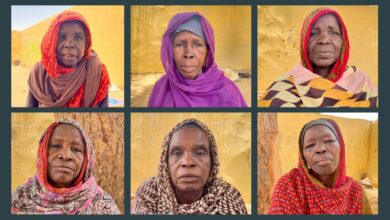East African IDPs Need More Help But From Where?

“It all stems from a catastrophic choice in policy: to keep refugees in camps, where they remain dependent on measly and ever-dwindling humanitarian assistance, with little no access to jobs, higher education or specialised health care,” Emmanuelle Privat said.
Privat, deputy country director of Médecins Sans Frontières (MSF) in Kenya made the statement in a recent opinion piece where she reflected on the odds stacked against internally displaced persons, especially in East Africa.
The centre of her piece is Dadaab in Kenya where more than 200, 000 refugees live in daily search of hope.
“I have spent the last two years closely following the waning hopes of Dadaab refugees. Their three-decade ordeal for human dignity remains elusive, locked up as they are in remote camps.
“So the ‘city of thorns’ remains, where lives continue to be on hold and dreams die a slow death. The withering hopes of successive generations is taking a severe psychological toll on many.
“As we warned, a mental health crisis is growing in Dadaab. In 2020, at least 13 people have attempted suicide in Dagahaley camp, two of those attempts were fatal,” Privat wrote.
She noted that while education is important, it is only one of the many hurdles that refugees must overcome, adding that refugees in Dadaab especially need more than luck.
“They need access to opportunities – mostly educational and to earn livelihoods – and the chance to choose how they want to live.
“Humanitarian aid has been vital in sustaining Dadaab refugees; it can still support them to transition to a life of dignity,” she added.
Privat explained that although camps are lifesaving to start with, when time spent in them drags into decades, they can test human resilience, grind hopes and crush the talent of people who, in normal circumstances, could contribute so much to society.
According to her, this also poses a critical challenge for organisations like MSF and she asked, “For how long do we continue to support a camp that saves lives but robs people of dignity?
“We have been providing medical services for most of the camp’s three-decade’ existence. By doing so, are we perpetuating a soul-crushing system?”
As a humanitarian organisation, MSF has been providing a small number of scholarships for refugee adults to study nursing and other paramedical professions.
Once they graduate, they become part of a vital health force, sorely needed to address public health challenges in countries like Kenya.
These issues, faced by refugees, prompted the United Nations General Assembly (UNGA) to ratify the Global Compact on Refugees (GCR).
The Compact made assisting refugees a global public responsibility, requiring increased support for host countries to ensure that they could provide refugees access to public services, as well as assimilate them into the social fabric of their nations.
Many rich countries also recognised the need for additional efforts to provide resettlement options for refugees.
The Compact’s promise reverberated in Kenya and the wider region. Local counties such as Garissa – which hosts Dadaab – started working on including refugees in their development plans, likely seeing an opportunity to attract more funding to develop the region.
At the first-ever Global Refugee Forum in December 2019, the countries in the region, under the auspices of the Inter-Governmental Authority on Development, pledged to establish a “Support Platform”, which could mobilise funding to help host countries such as Kenya implement the commitments they took when subscribing to the GCR.
Privat, however, expressed regret that Covid-19 slashed that progress. She said, “All of last year, Dadaab refugees saw few efforts to develop durable solutions which respect their dignity and legitimate aspiration to have a life, rather than just survive.
“And resettlement options have all but dried up, with UNHCR announcing 2020 to be a record low for resettlement.”
Support Our Journalism
There are millions of ordinary people affected by conflict in Africa whose stories are missing in the mainstream media. HumAngle is determined to tell those challenging and under-reported stories, hoping that the people impacted by these conflicts will find the safety and security they deserve.
To ensure that we continue to provide public service coverage, we have a small favour to ask you. We want you to be part of our journalistic endeavour by contributing a token to us.
Your donation will further promote a robust, free, and independent media.
Donate Here




